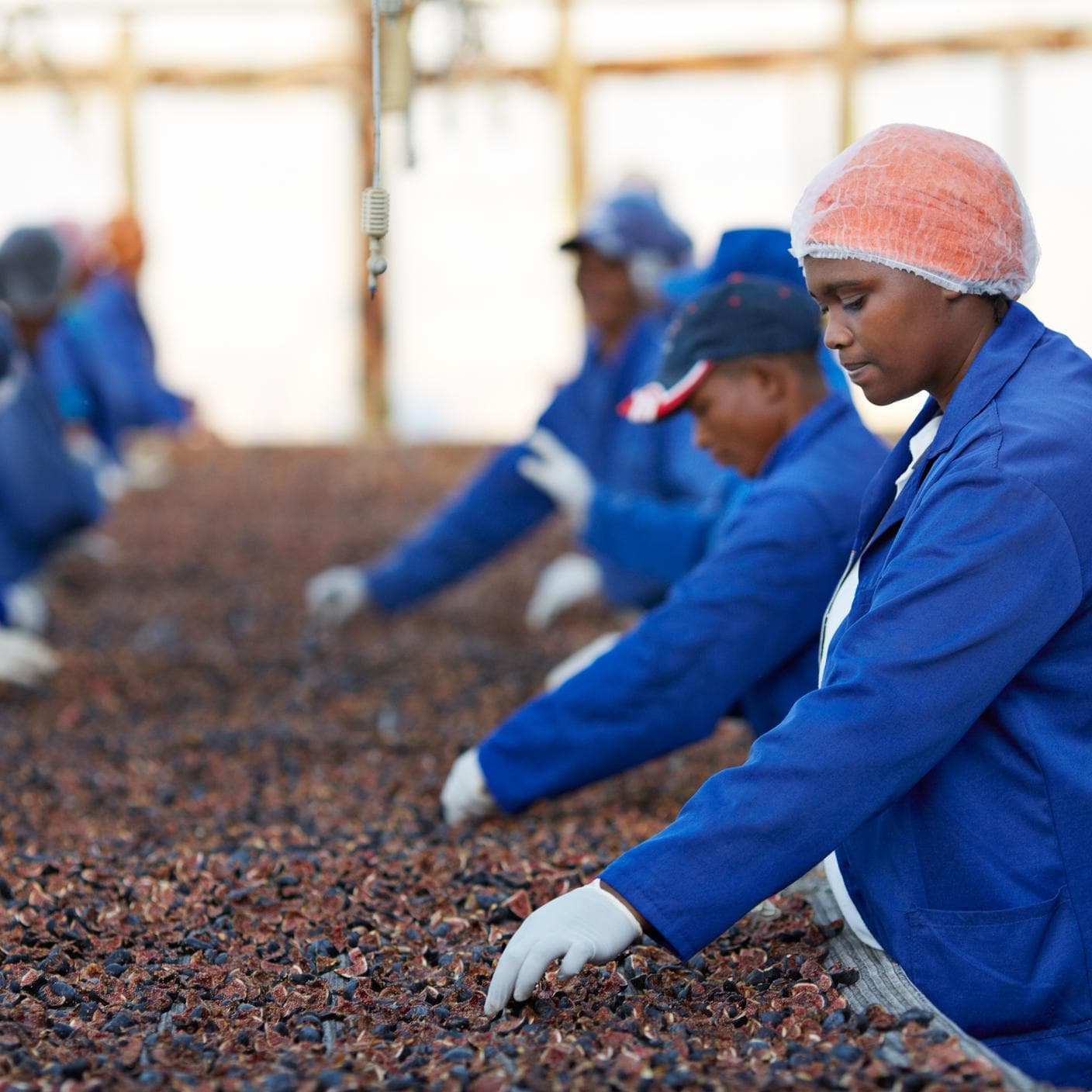Given the current business climate of increased economic uncertainty and changing customer expectations around sustainability, ethical recruitment has fallen on organization’s priority lists. However, regulations around prohibiting products made with forced labor and unethical recruitment practices continue to move fast, and the risks of non-compliance are as tangible as ever.
Let’s look at some of the risks associated with not complying with the United States' Uyghur Forced Labor Prevention Act (UFLPA) and the recently established EU Forced Labor Regulation, and EU Corporate Sustainability Due Diligence Directive (CSDDD).
What is the US Uyghur Forced Labor Prevention Act (UFLPA)?
The UFLPA was signed into law in December of 2021 and builds on previous efforts to combat the import of goods allegedly made with forced labor in the Xinjiang Uyghur Autonomous Region (XUAR). While organizations have worked to remove products and materials sourced in the XUAR, the region remains an important source of commodities such as cotton, polysilicon, chemicals, textiles, and apparel. Organizations currently sourcing materials or products made with forced labor in the XUAR could result in a serious risk to corporate reputation, loss of shareholder trust, potential fines, and future financial losses.
Organizations must meet and complete a series of due diligence requirements providing “clear and convincing” evidence that products and materials are produced without forced labor. If the Department of Homeland Security’s Forced Labor Enforcement Task Force (FLETF) or US Customs and Border Protection (CBP) find items or materials made through forced labor in the supply chain, trade is hindered by delayed shipments at the border.
What is the EU Corporate Sustainability Due Diligence Directive (CSDDD)?
The CSDDD came into force in July 2024 and applies to large EU and non-EU organizations with significant turnover within the EU. It requires these organizations to address potential and actual adverse human rights and environmental impacts within business operations and across global value chains. The directive establishes mandatory due diligence obligations and creates a framework for civil liability.
What is the EU Forced Labor Regulation?
This regulation came into force in December 2024 and prohibits products made using forced labor from being sold, imported into, or exported from the EU market. The regulation applies to all products regardless of where they were manufactured and covers the entire value chain.
What happens if I’m not compliant?
Non-compliance with these regulations carries severe consequences that can fundamentally impact your business operations and financial health. The risks fall into three main categories:
1. Financial penalties and seizures
The financial implications of non-compliance are extensive and immediate. Under the UFLPA, customs authorities can impose monetary fines as high as the value of a shipped product, and goods from suspected or non-compliant companies are seized at the border with additional fines imposed. The financial implications have been huge, with the CBP detaining over 12,500 shipments valued at $3.68 billion due to suspected use of forced labor since January 2025.
The EU regulations carry even steeper financial penalties. Under the CSDDD, companies face potential fines of up to 5% of global turnover, making this one of the most financially severe frameworks in the regulatory landscape. The EU Forced Labor Regulation also includes large financial penalties for violations, with enforcement processes that can exclude companies from the entire EU market.
2. Operational disruptions
Non-compliant companies face significant operational risks that can disrupt entire supply chains, including delayed shipments and the need for extensive documentation and audit processes to prove compliance.
When shipments are detained at borders, companies must navigate complex appeals processes while managing inventory shortages and customer expectations.
The due diligence requirements across all three regulations (UFLPA, CSDDD, and CDP) demand advanced tracking and monitoring systems, requiring companies to thoroughly map supply chains and maintain detailed records of compliance efforts.
3. Reputational and legal risks
Non-compliance can result in companies facing scrutiny from investors, consumers, and other stakeholders regarding supply chain practices. In cases of wilful violations, there's potential for criminal liability, particularly under the UFLPA framework.
The CSDDD introduces additional civil liability exposure, meaning companies can face lawsuits from affected parties for damages related to human rights violations in supply chains. This creates a new category of legal risk that includes direct liability to harmed individuals and communities.
While UFLPA enforcement is currently focused on the US, it shows how quickly regulatory consequences can escalate and provides a preview of the global direction of forced labor compliance. The EU regulations are expanding this approach across European markets, creating a framework that covers both import/export restrictions and broader due diligence obligations.
Catch up on parts one and two of our ethical recruitment series: Ethical recruitment: It starts with clear policies and Tools for building an ethical recruitment practice.
Download From policy to practice: Fighting worker exploitation throughout global supply chains to gain knowledge on how to take meaningful action towards eradicating modern slavery. Discover how BSI Consulting can help your ethical recruitment journey and ensure compliance with international labor standards.







